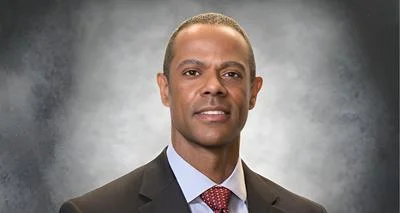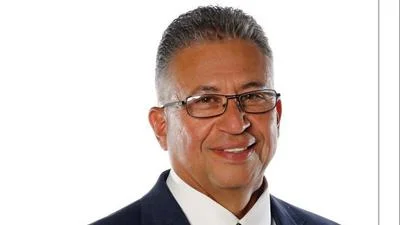An audit by the city of Albuquerque recently found that the number of unclassified city employees has grown substantially under Mayor Tim Keller's administration.
According to Houston Chronicle, unclassified employees are typically white collar workers who are at the executive, professional or administrative level in an organization paid a salary or commission rather than an hourly wage. The city's audit defines unclassified employees as "employees at will and (who) serve at the discretion of the chief administrative officer, except for unclassified city council staff. Such employees have no property interest in continued employment and may be terminated for any or no reason."
Local lawyer Pete Dinelli argued that the audit shows that Keller's administration has created a "system of cronyism" wherein they can hire "whoever they want at whatever salary they want" without taking into consideration of employees' qualifications.
“It is an essential and basic function of any human resources department, whether in the private sector or in government, to hire the best qualified for any job and provide job descriptions and develop minimum qualifications for hiring competent staff who know what’s expected of them,” Dinelli said. “Job descriptions set out minimum performance measures and standards to ensure applicants are educated and experienced to do the work.”
There are 620 unclassified city employees, who work at the discretion of the city’s chief administrative officer, himself a mayoral appointee, according to the Albuquerque Journal. These unclassified employees can be fired for any reason at any time. About 45% of these have been added since Keller took office five years ago.
The department with the most unclassified employees is the Albuquerque Police Department, according to the city audit.
According to the audit, with unclassified employees, there is less oversight in salary, hiring qualifications and job redundancy. For example, for a classified employee job, there is a set job requirement and payment. This doesn’t exist with unclassified jobs.
The audit recommended that the chief administrative officer should: Require job descriptions that detail the position’s minimum qualifications; have policies that litigate whether applications and resumes should be kept on file for unclassified employees; Develop policies that specify the frequency at which employees in unclassified positions are required to complete the relative statement disclosure form; investigate whether there is a conflict of interest with the three city employees who said on their application that they had relatives working for the city; and investigate whether Background Investigation Disclosure and Consent Forms and Release of Liability & Felony Identification Forms were completed and retained for the 50 employees without either. It is thought that by implementing these measures, the city would have better oversight while hiring for unclassified positions.









